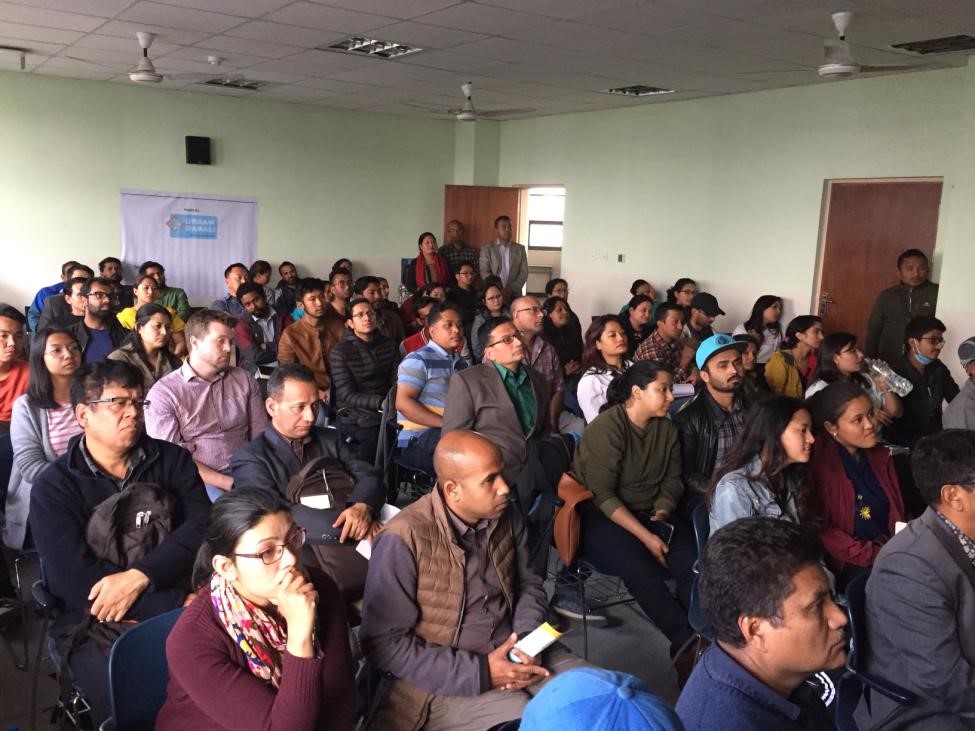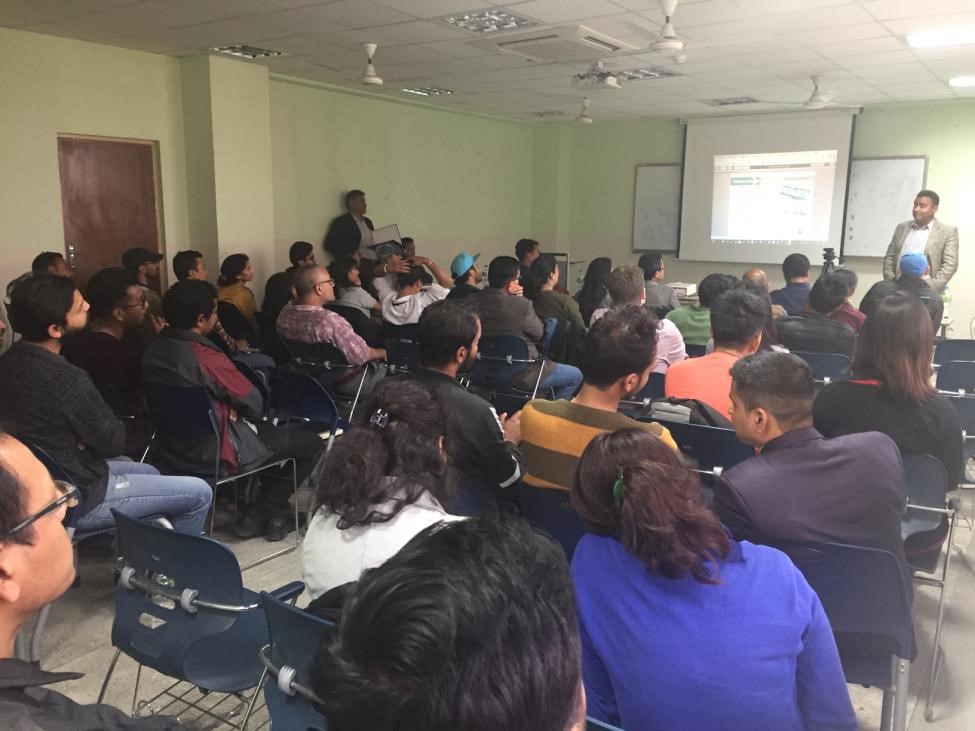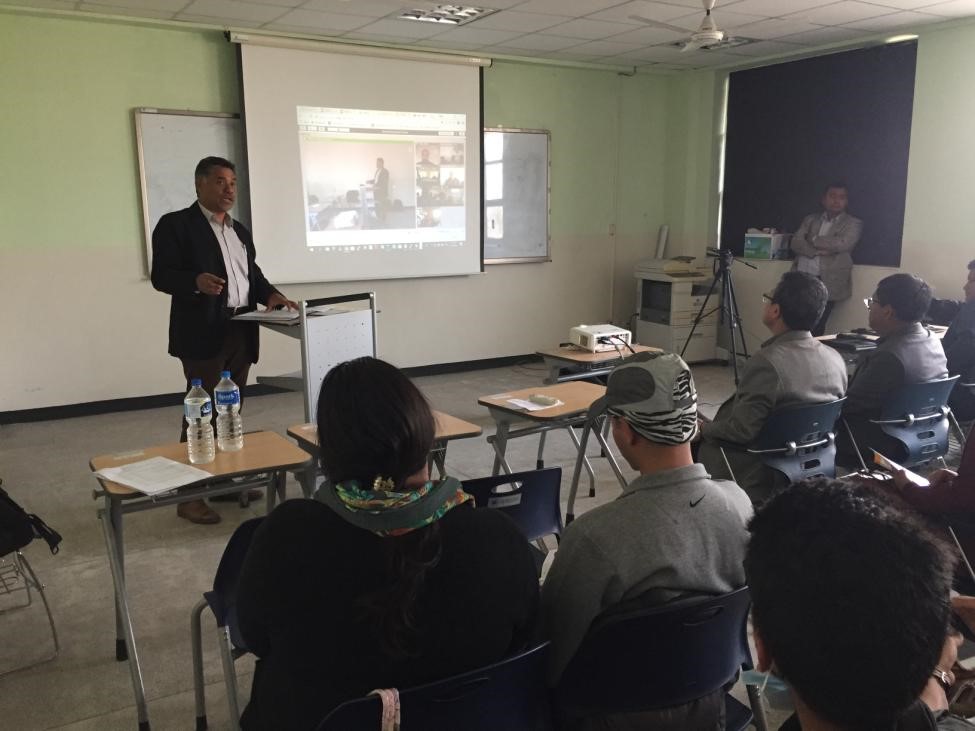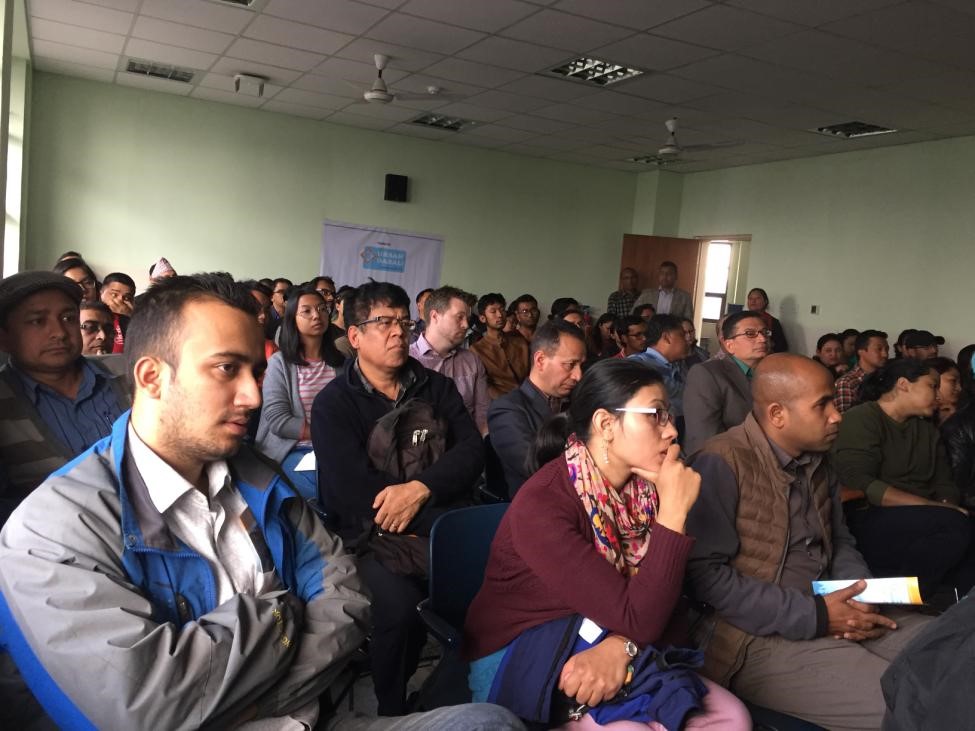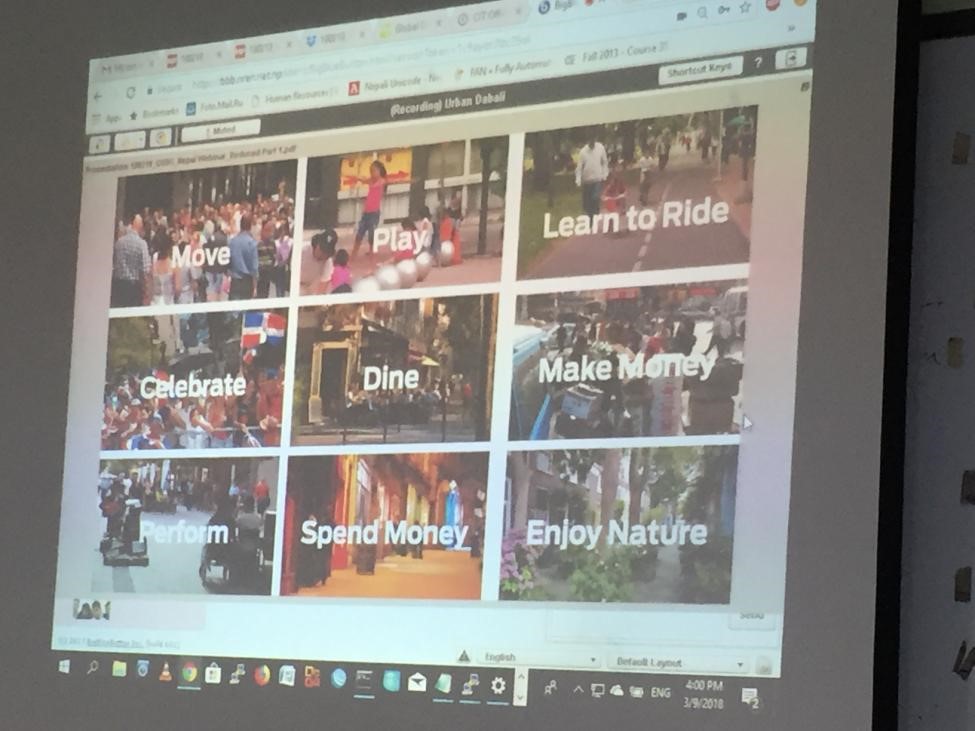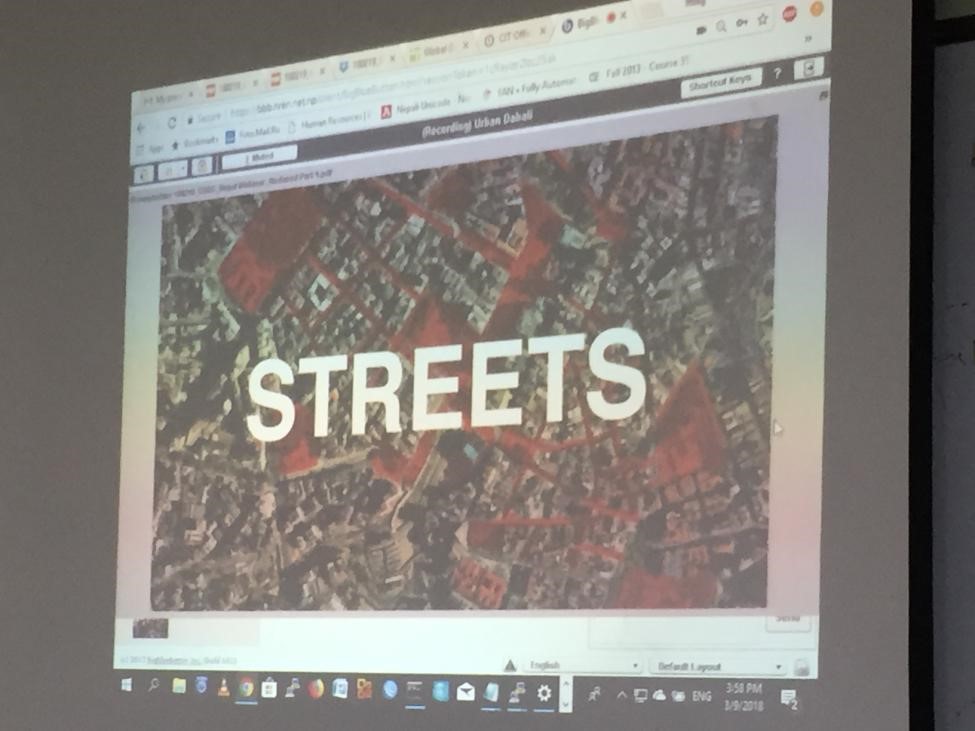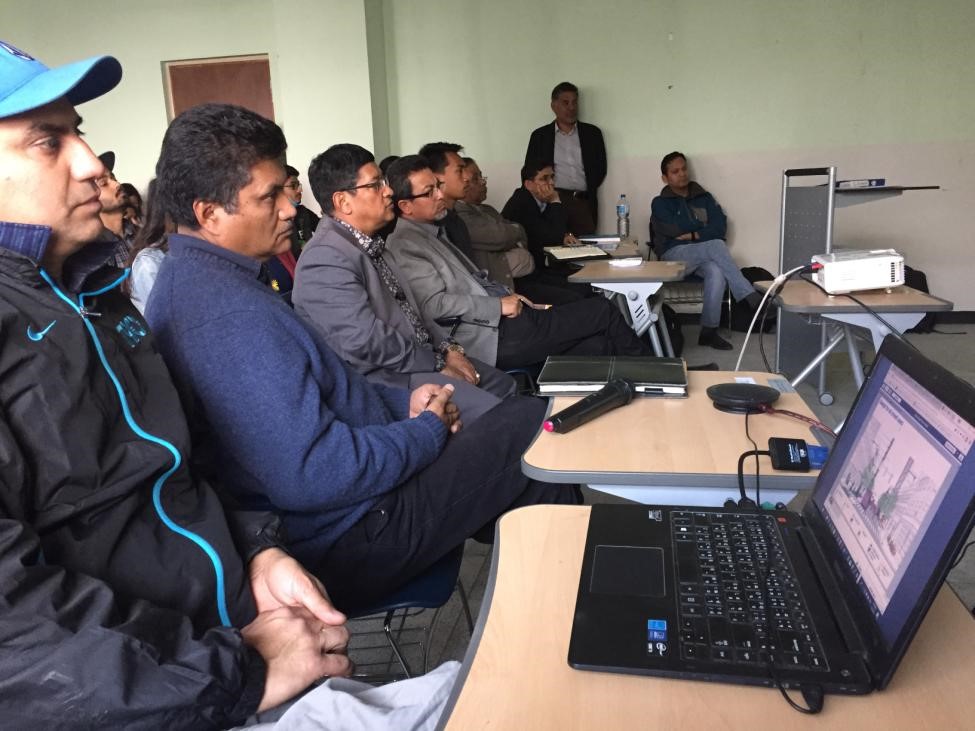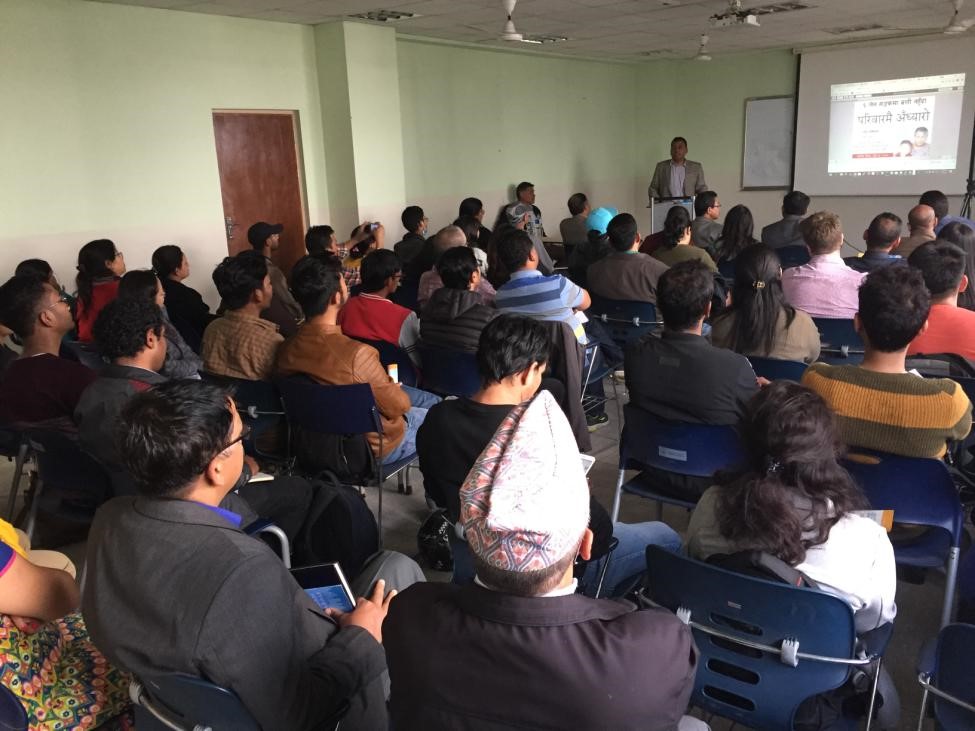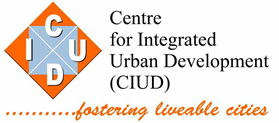Urban Dabali is a platform created by Centre for Integrated Urban Development (CIUD) in 2010, where different urban issues are discussed. In continuation to this, to reach the wider ordinance Urban Dabali started electronic means of discussion programme, too.
Urban Dabali is a platform created by Centre for Integrated Urban Development (CIUD) in 2010, where different urban issues are discussed. In continuation to this, to reach the wider ordinance Urban Dabali started electronic means of discussion programme, too.
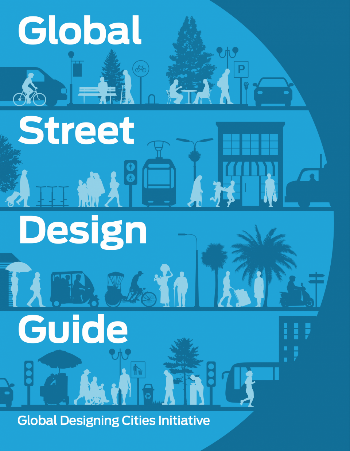 A webinar program “Designing Streets for People” held on 9th March 2018 in partnership with UN-Habitat Nepal, National Research and Education Network (NREN), Nepal Engineering Association (NEA) and Institute of Engineering (IOE). During the webinar, one of the main topics discussed was Global Street Design Guide (GSDG) and how this can be relevant in Nepali context. Created with the input of experts from 72 cities in 42 countries the GSDG is a set of global best-practice guidelines which is endorsed by Nepal. The Guide offers technical details to inform street design that prioritizes pedestrians, cyclists, and transit riders. It can be adopted by leaders, practitioners, academicians, and advocates, to work towards safer and accessible streets in cities across the country.
A webinar program “Designing Streets for People” held on 9th March 2018 in partnership with UN-Habitat Nepal, National Research and Education Network (NREN), Nepal Engineering Association (NEA) and Institute of Engineering (IOE). During the webinar, one of the main topics discussed was Global Street Design Guide (GSDG) and how this can be relevant in Nepali context. Created with the input of experts from 72 cities in 42 countries the GSDG is a set of global best-practice guidelines which is endorsed by Nepal. The Guide offers technical details to inform street design that prioritizes pedestrians, cyclists, and transit riders. It can be adopted by leaders, practitioners, academicians, and advocates, to work towards safer and accessible streets in cities across the country.
Introduction to Urban Dabali and its objectives was shared by Pushkar Shrestha, Executive Director of CIUD.
Bhushan Tuladhar from UN-Habitat Nepal shared the scenario and current state of Urban Streets in Nepal.
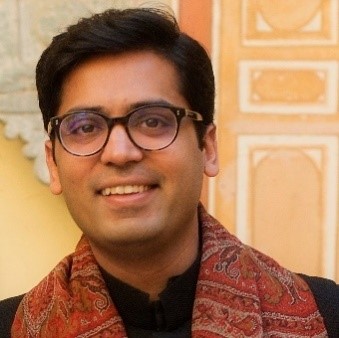 Abhimanyu Prakash Program Manager for Global Designing Cities Initiative was our main speaker from Mumbai. He presented his presentation on “Safer Streets for a Safer Nepal” who is working in different cities on Streets and Public Space Design around the world through Bloomberg’s Initiative for Global Road Safety (BIGRS). By profession Prakash is an Urban Planner and Architect, gained global expertise in this fields through his past engagements in India, Germany and New York City.
Abhimanyu Prakash Program Manager for Global Designing Cities Initiative was our main speaker from Mumbai. He presented his presentation on “Safer Streets for a Safer Nepal” who is working in different cities on Streets and Public Space Design around the world through Bloomberg’s Initiative for Global Road Safety (BIGRS). By profession Prakash is an Urban Planner and Architect, gained global expertise in this fields through his past engagements in India, Germany and New York City.
Our main venues for Webinar were in Institute of Engineering (IOE) and National Research and Education Network (NREN) office whereas there were many other venues including Birgunj Metropolitan City, Dharan Sub-Metropolitan City and Environmental and Public Health Organization (ENPHO) and Academic Institutions where more than 130 participants participated from 12 different venues through Webinar. The participants were from Ministry of Physical Infrastructure and Transportation, Ministry of Urban Development, Department of Road, Department of Urban Development and Building Construction, Metropolitan City, UN agencies, I/NGOs, Cyclist, Activist, Consultants, Academic Institution and graduates. This is a first Webinar hosted by Urban Dabali with an intention to carry out one every month. There will be another Webinar on 20th April 2018. Urban Dabali will organize a talk program every month related to urban issues. Every month, Urban Dabali will present 2-3 presenters to share their ideas and experience in urban issues with is related to humanity.
The first webinar on 9th March 2018 was a successful one with a major turnout and participation from 3 different municipalities remotely. During the Webinar, many new topics related to design and case studies were introduced and shared with practical examples from different parts of the world. In overall, we feel that participants were able to learn, share and contribute in one of the major urban issues – Designing Streets for People. The feedback and the comments are documented and the whole session live presentation is recorded for future reference. Please visit our Facebook page for further readings and stay tuned for April’s topic and details.
Please note that Urban Dabali is a completely volunteer run program and it is not supported by any Donors. At present, CIUD is supporting the program in a volunteer basis. In future, as we expand the program, we will be looking for generous funding from our supporters.
Few photographs of the program:
